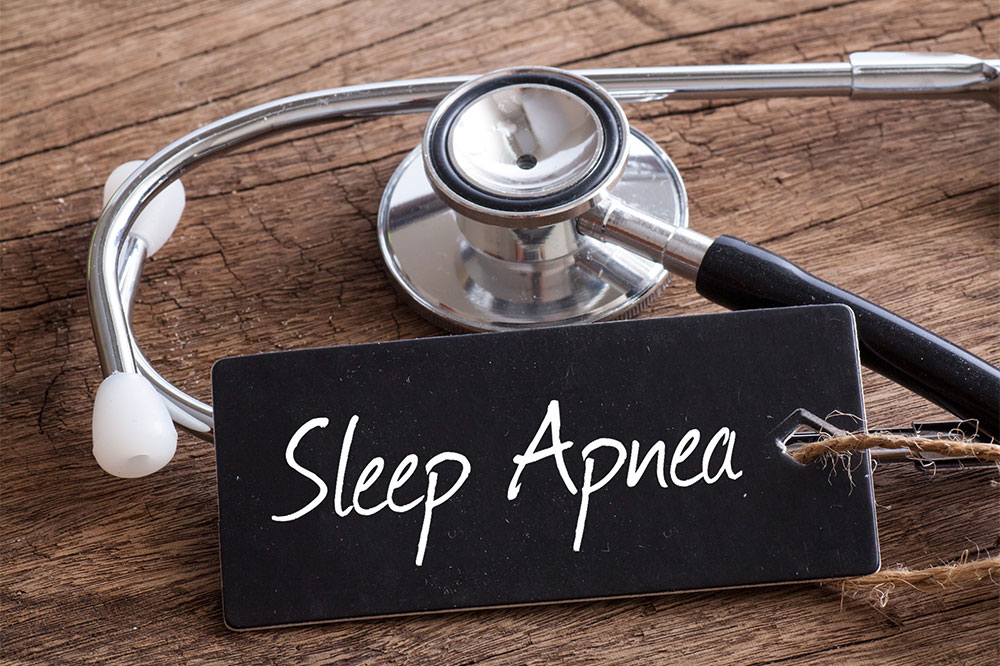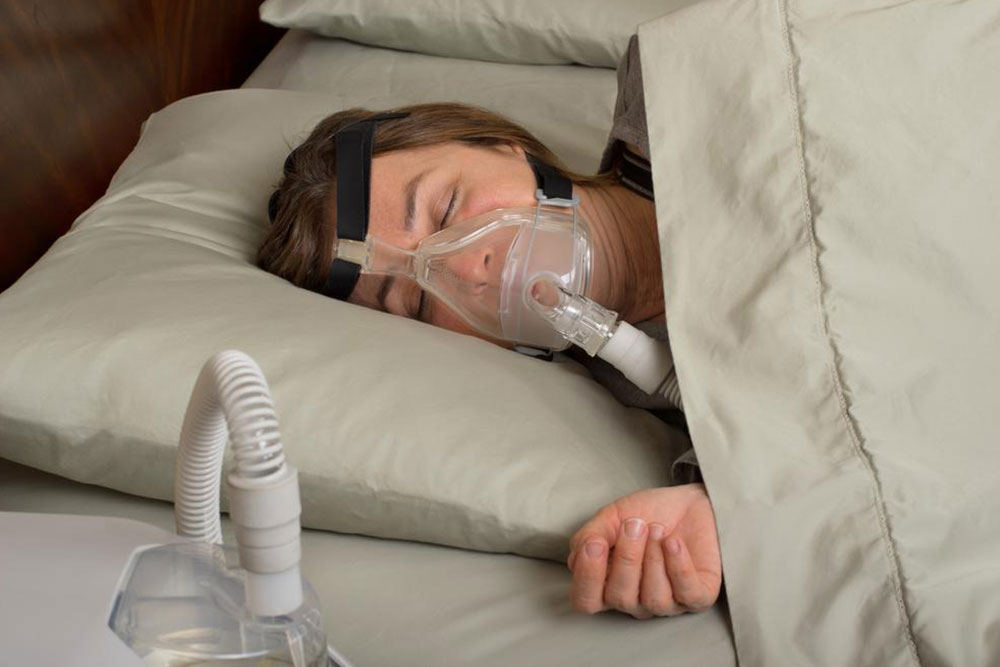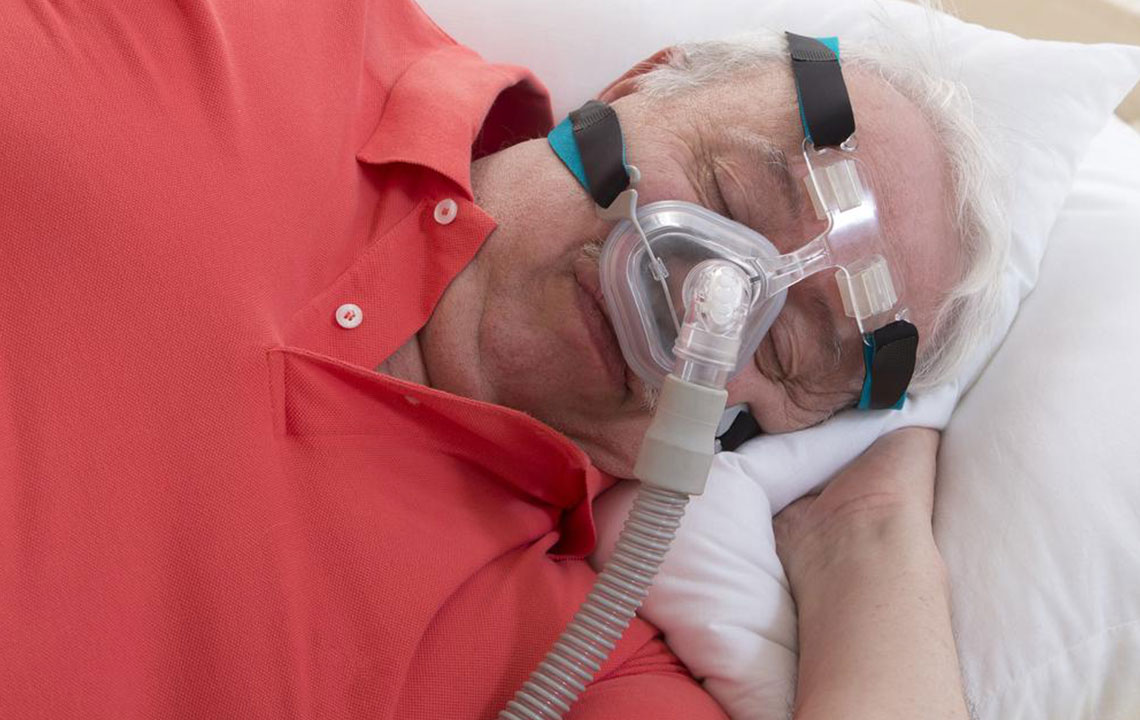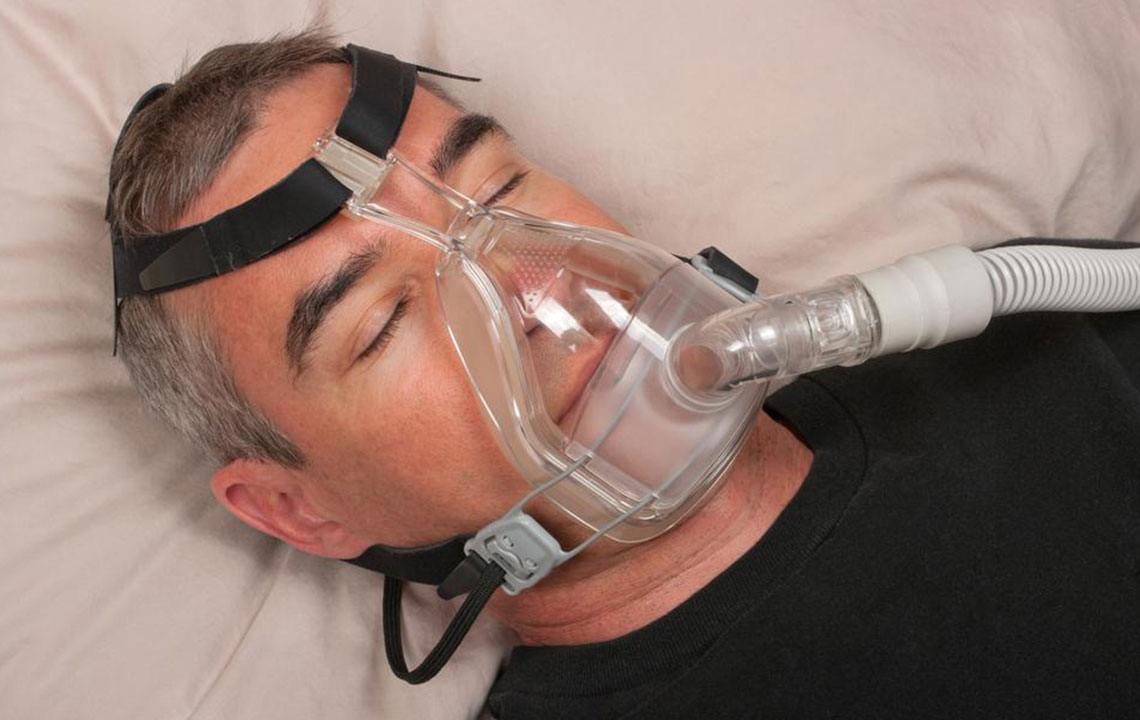Smart Approaches to Reducing Sleep Apnea Symptoms
Discover effective lifestyle strategies to manage sleep apnea, including humidifier use, oral appliances, increased physical activity, and weight management. These methods can significantly improve sleep quality and reduce health risks associated with the condition.

Smart Approaches to Reducing Sleep Apnea Symptoms
Sleep apnea is a disorder where breathing repeatedly stops and starts during sleep, leading to frequent awakenings and disrupted rest. This can cause health problems such as high blood pressure, heart disease, immune system decline, and memory issues. Implementing practical lifestyle changes can help lessen symptoms and promote healthier sleep patterns.
Using a Humidifier
Dry indoor air can exacerbate breathing problems. Adding a humidifier increases moisture levels, keeping airways moist and easier to breathe. Using calming essential oils like lavender or eucalyptus can enhance sleep comfort.
Oral Sleep Devices
Custom-made or ready-made oral appliances help prevent airway obstruction by repositioning the jaw or tongue during sleep. Consult with a dental professional to find the most suitable device tailored to your needs.
Increase Physical Activity
Regular exercise boosts cardiovascular health, enhances endurance, and facilitates easier airflow through nasal passages. Breathing exercises and yoga can also improve oxygen intake and lead to more restful sleep.
Maintain a Healthy Weight
Excess fat, especially in the neck and upper body, can restrict airways. Achieving a healthy weight through diet and exercise can significantly reduce sleep apnea severity or eliminate it. Continued weight management is crucial, as weight gain can worsen symptoms.


